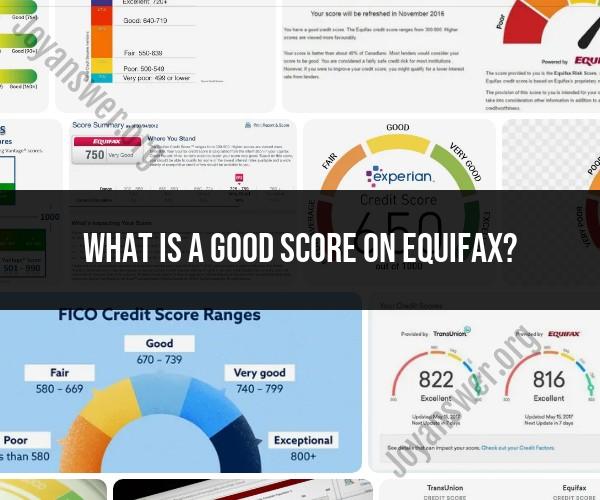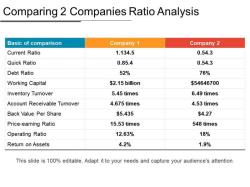What is a good score on Equifax?
Equifax, one of the major credit reporting agencies in the United States, provides credit scores based on the information in your credit report. Equifax uses the same FICO scoring model as many other lenders and credit reporting agencies to calculate credit scores. FICO scores range from 300 to 850. Here's a general breakdown of what constitutes a good Equifax credit score:
Excellent Credit: A FICO score of 800 or above is considered excellent. People with excellent credit are typically seen as low-risk borrowers and may qualify for the best interest rates and credit terms.
Very Good Credit: A FICO score between 740 and 799 is considered very good. Borrowers with very good credit still qualify for favorable interest rates and terms.
Good Credit: A FICO score between 670 and 739 is considered good. This is often the minimum score required to qualify for many loans and credit cards, though the terms may not be as favorable as those for higher scores.
Fair Credit: A FICO score between 580 and 669 is considered fair. While borrowers with fair credit can still obtain credit, they may face higher interest rates and more limited options.
Poor Credit: A FICO score below 580 is considered poor. Borrowers with poor credit may have difficulty obtaining credit, and if they do, the terms are likely to be unfavorable.
It's important to note that these are general guidelines, and lenders may have their own criteria for evaluating creditworthiness. Additionally, credit scores from different credit bureaus (such as Equifax, Experian, and TransUnion) may vary slightly due to differences in the information each bureau has on file.
To maintain or improve your credit score with Equifax and other credit bureaus, it's essential to practice good credit habits, such as making on-time payments, keeping credit card balances low, and monitoring your credit report for errors. Regularly reviewing your credit report can help you stay informed about your credit status and address any issues that may negatively impact your credit score.
What Constitutes a Good Equifax Score? Understanding Creditworthiness
A good Equifax score is a number that indicates a low risk of defaulting on a loan. Equifax credit scores range from 300 to 850, with higher scores indicating better creditworthiness.
Creditworthiness is a measure of how likely you are to repay a loan on time and in full. Lenders use your creditworthiness to determine whether to approve you for a loan and what interest rate to charge you.
Evaluating Your Equifax Score: What's Considered Good?
The following is a general guide to Equifax credit scores:
- 300-579: Very poor
- 580-669: Fair
- 670-739: Good
- 740-799: Very good
- 800-850: Excellent
A good Equifax score is generally considered to be 670 or higher. A good credit score can help you qualify for loans with lower interest rates and better terms.
Achieving a Desirable Equifax Credit Score
There are a number of things you can do to improve your Equifax credit score:
- Make all of your payments on time and in full. This is the most important factor in your credit score.
- Keep your credit utilization low. Credit utilization is the amount of credit you are using compared to your total available credit. Aim to keep your credit utilization below 30%.
- Avoid opening too many new credit accounts in a short period of time. Every time you apply for a new credit account, a hard inquiry is placed on your credit report. Too many hard inquiries can lower your credit score.
- Dispute any inaccurate information on your credit report. You can get a free copy of your credit report from each of the three major credit bureaus once a year. Review your credit reports carefully and dispute any inaccurate information.
Improving your Equifax credit score takes time and effort, but it is worth it. A good credit score can save you money on loans and other forms of credit, and it can also make it easier to get approved for housing and other rentals.
If you are struggling to improve your Equifax credit score on your own, you may want to consider talking to a credit counselor. A credit counselor can help you develop a plan to pay off debt and improve your credit score.










